On the Gospel of John, Part 31: Raising Cain
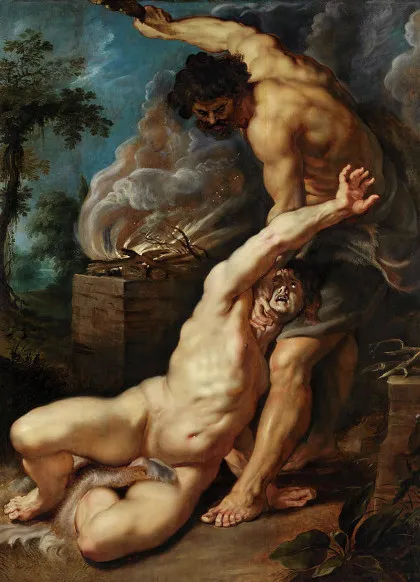
On the Gospel of John, Part 31: Raising Cain
It is within the provenance of God that Yahshua Christ knew that He was going to be executed in Jerusalem, and He knew when and how He would be executed. Many descriptions of these things were also written aforetime in the prophets, and one example is found in Daniel chapter 9 where it rather plainly states “26 And after threescore and two weeks shall Messiah be cut off, but not for himself” and in Isaiah chapter 53 “5 But he was wounded for our transgressions, he was bruised for our iniquities: the chastisement of our peace was upon him; and with his stripes we are healed.” Then there is the 22nd Psalm, which the apostles themselves had cited in reference to Christ: “10 I was cast upon thee from the womb: thou art my God from my mother's belly. 11 Be not far from me; for trouble is near; for there is none to help. 12 Many bulls have compassed me: strong bulls of Bashan have beset me round. 13 They gaped upon me with their mouths, as a ravening and a roaring lion. 14 I am poured out like water, and all my bones are out of joint: my heart is like wax; it is melted in the midst of my bowels. 15 My strength is dried up like a potsherd; and my tongue cleaveth to my jaws; and thou hast brought me into the dust of death. 16 For dogs have compassed me: the assembly of the wicked have inclosed me: they pierced my hands and my feet. 17 I may tell all my bones: they look and stare upon me. 18 They part my garments among them, and cast lots upon my vesture.” Of course there are other prophecies besides these which had foretold of elements of the passion of the Christ, but Christ Himself did not necessarily rely on the prophets to know these things. Instead, they had known them from Him.

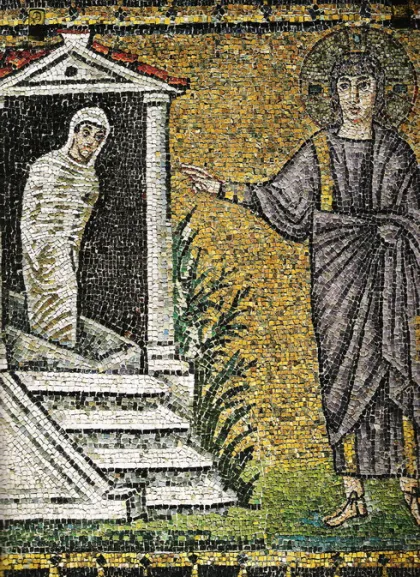
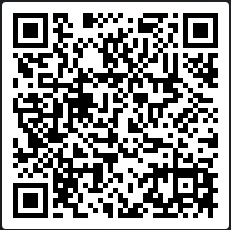
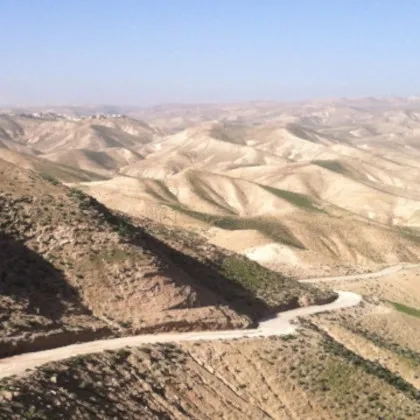

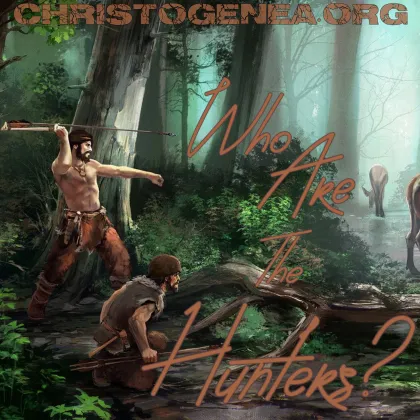




 Please click here for our mailing list sign-up page.
Please click here for our mailing list sign-up page.








Recent comments